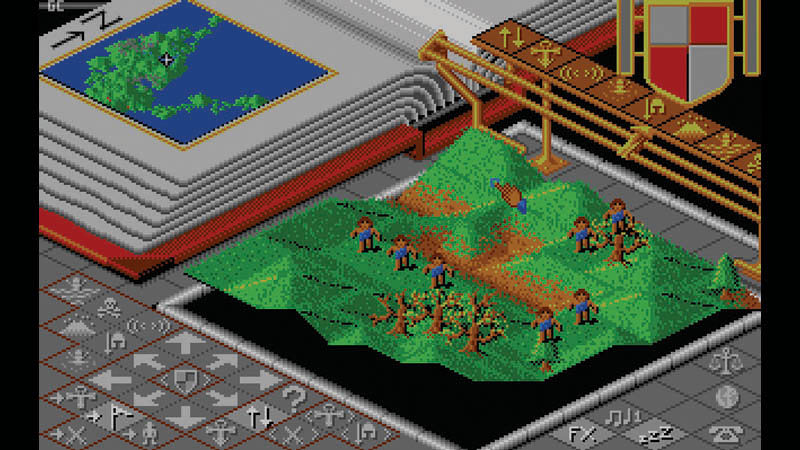
This series originally ran in PC Gamer UK magazine as a column called They're Back, in which Jon Blyth took a sideways look at ageing games and re-releases before meting out judgement.
This week's edition was first published in December 2011, which is why it talks a lot about physical re-releases and bundles and other things that don't exist any more.
Populous
I’ve heard people say that the recent artsy god-botherer From Dust is a Populous rip-off. It’s a comment that makes me want to winch my mouth open a full nine inches and bark a derisive honk into whatever face said it. The only similarity between From Dust and this—the dusty, distant genesis of god games—is that you can make land go up and down.
The (highly imperfect) From Dust has you sculpting the land in clever, manipulative ways. In Populous, it’s your job to steamroll an already sculpted world into featureless plains. You’re an invisible gardener, clearing space so that your people can build rows and rows of castles. Because people who live in castles are better at praying, and getting prayers makes gods strong enough to inflict suffering and extinction on other-coloured civilisations.
So: build a hill-free community of castle-owning devouts, and the prayers of your people will build your mana, allowing you to inflict swamps, floods and volcanos on your foe—who’s doing the same to you.
Earthquakes aren’t much bother. Just raise the land back up, so you’ve got the flat land your people require. Swamps are an inconvenience, forcing you to raise the land and lower it again.
Volcanoes are a Van Damme uppercut to the nuts, adding rocks to the landscape. You have to lower it to sea level to get rid off them, then raise it again to build on. Inflicting floods is a great way to commit celestial suicide if your castles were all on the lowest level of land. This is all Populous is. A competitive flatness maintenance game where you find increasingly harsh ways to unflatten your enemy’s land.
Keep up to date with the most important stories and the best deals, as picked by the PC Gamer team.
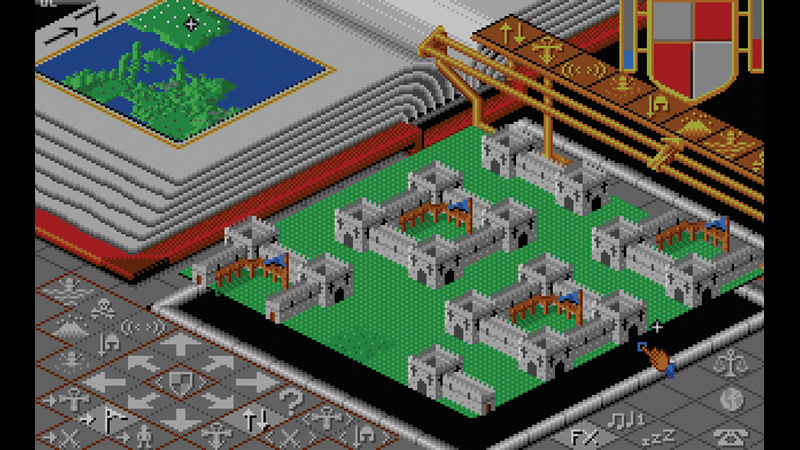
Of course, it’s easy to sneer. It’s easy and makes you feel big, that’s why it’s the go-to reaction for inadequate pricks like myself. But something conscientious inside me, something I thought long dead, decided to read strategy guides, to see if I was missing anything. Turns out I wasn’t—people use the same cheap tricks I did. Drowning enemy knights and villagers as soon as they got close to my villages. Temporarily unflattening my land, causing castles to downgrade, and spit out a new settler. Cheap, valid tactics.
Populous may have created a genre, but its interest today is strictly as a relic. A relic from the times when prophets like Molyneux found their feet, and chip wizards like Hull-born Rob Hubbard probably didn’t realise they’d be quietly worshipped 22 years later.
So, historians will enjoy fiddling around with Populous, and you might want to pay homage to the old gods yourself. There’s enough to keep your brain swilling around in its think juices for an evening, even if you will spend half of it cursing our barbarian MS-DOS-wielding forebears for their tough-to-guess keyboard shortcuts.
Jon's score: 58
Ruse
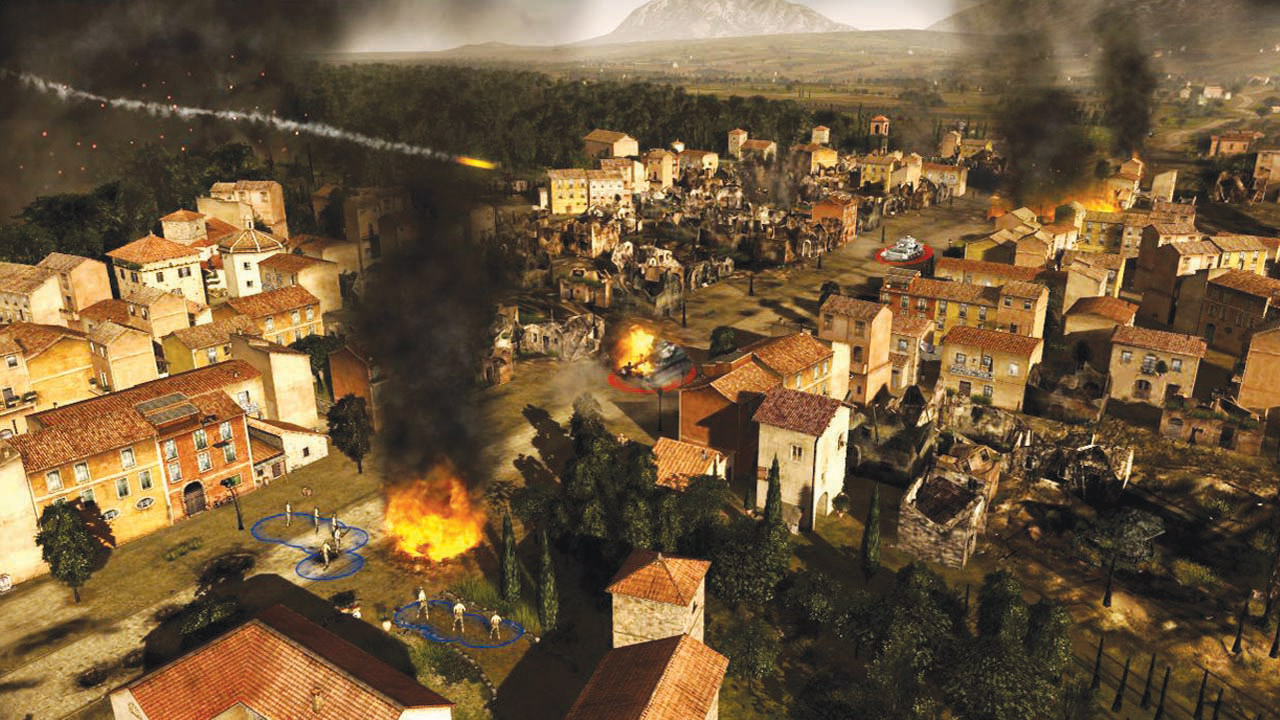
Ruse is an interesting strategy game. Zoom in, and you’ve got an RTS with a little too much distance between the units. Zoom out, and you see that its heart is more in the world of boardgames and tabletop warfare. Units transform into counters. Fact- furring deceptions can be smacked down like playing cards. And the biggest visual clue: fully zoomed out, the world transforms into a tabletop boardgame war.
When I first played Ruse, my reaction was frosty. But I’m frequently wrong. I was wrong when I thought that gyrating your hips in a fashion that caused your penis to collide with your belly was how you had sex. I was wrong when I went to see a band at Staines town hall, climbed onto the roof and tried to convince passers-by that the mayor had kidnapped me.
I was wrong when I thought that knowing the reason for being dumped would make it easier to accept it. I was particularly wrong when I thought that listing things I’ve been wrong about would be a good way to pad out a review. I can undo none of these things.
But one wrong I can attempt to right—I was wrong when I scored Ruse on the Xbox 360 a paltry six out of ten. Perhaps I was focusing on the embarrassing jokes, and the skin-crawlingly naff cutscenes. Perhaps it just didn’t work as well on the 360. Because the game, the thing I was supposed to be scoring, is a charming back-and-forth of duplicity and dirty tricks. Give it a go. It doesn’t use Ubisoft’s DRM either, so there’s a thing.
Jon's score: 82
Supreme Commander 2
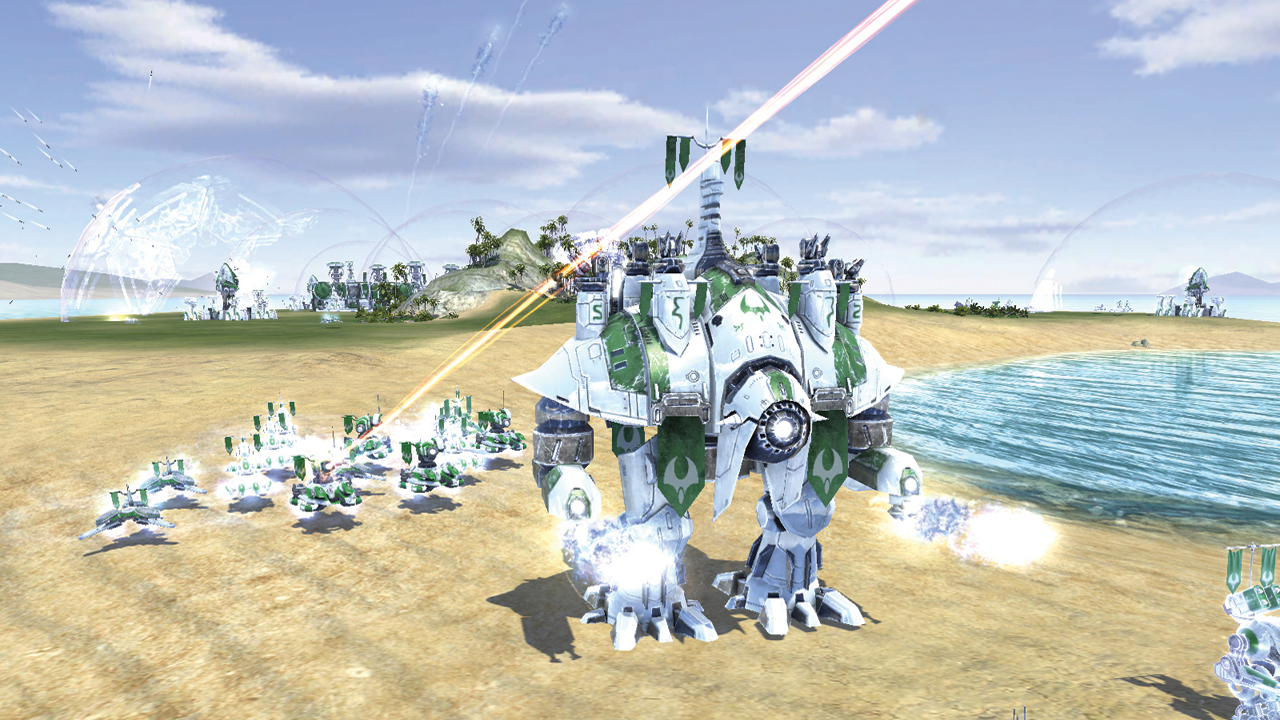
Hello, I am a massive robot. People said I dumbed down for this sequel, but I have added the words ‘dumbed-down’ to my spam filter and now I cannot hear them. People say I am the bastard-born child of SupCom and Total Annihilation, but I say those people have been reading A Game of Thrones and just want an excuse to swear.
People say that my newer, less involved approach was a compromise. To this, I reply, I am a robot. You cannot hurt my feelings. I am still a magnificent spectacle. My tech- trees may have been pruned, but they bear succulent, nuclear fruit.
Now, leave me. I need to run a series of internal diagnostics to identify the cause of this unaccustomed ocular leakage.
Jon's score: 74
Kane and Lynch 2: Dog Days
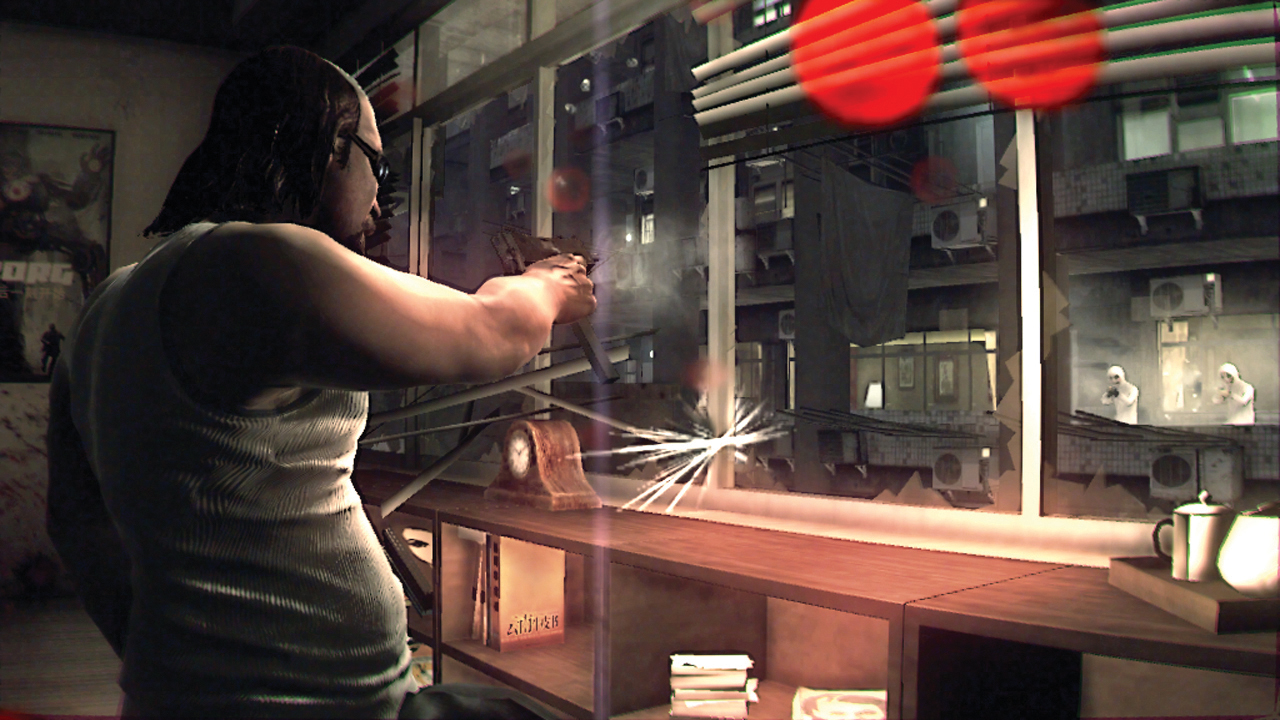
Dog Days is the first shooter that tries to satirise the generation of teenagers who’ll film women dying from anaphylactic shock because going over to help wouldn’t look as good on YouTube. The script might be mostly charmless and the characters unsympathetic, but the visual style and the mockumentary setup will actually ferry you from the start of the game to the end, without becoming too misanthropic.
It gives us a new litmus test for gender equality, too. When we get a game starring two haggard, foul-mouthed and overweight female leads, and that game sells only slightly disappointingly, then we’ll have equality. Come on, Square Enix. Get Judi Dench and Helen Mirren on board.
Jon's score: 68
Dungeon Keeper 2
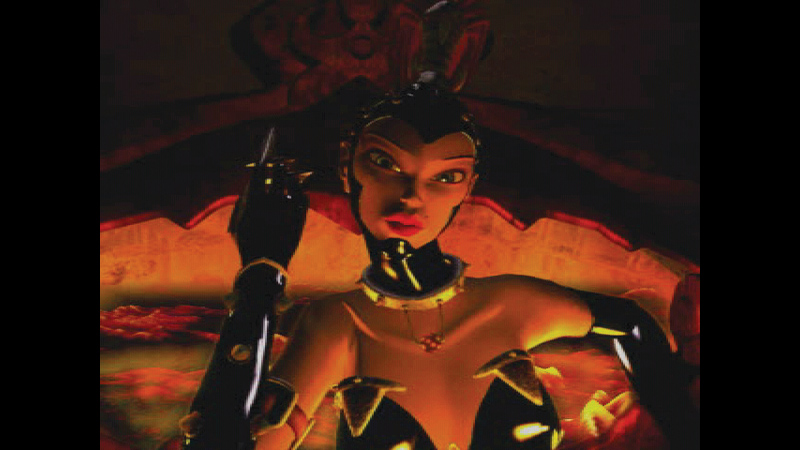
This is one of the rare games from superyesteryear that maintains its allure. Playing the evil keeper, building a dungeon, taking down heroes... brilliant.
The pacing of the singleplayer levels bears cheerful repetition, and the introduction of new rooms, monsters, enemies, spells and structures is ratcheted brilliantly. And the best thing: after playing the first Dungeon Keeper you can relive the long-dead excitement of graphics getting better. Remember that? The panicked excitement of the future, when you stumbled across video content on your Encarta CD-ROM? Do you remember, erm, Suede? Power to Good Old Games, too—they appear to have cleared up a problem with Windows 7.
Jon's score: 93

